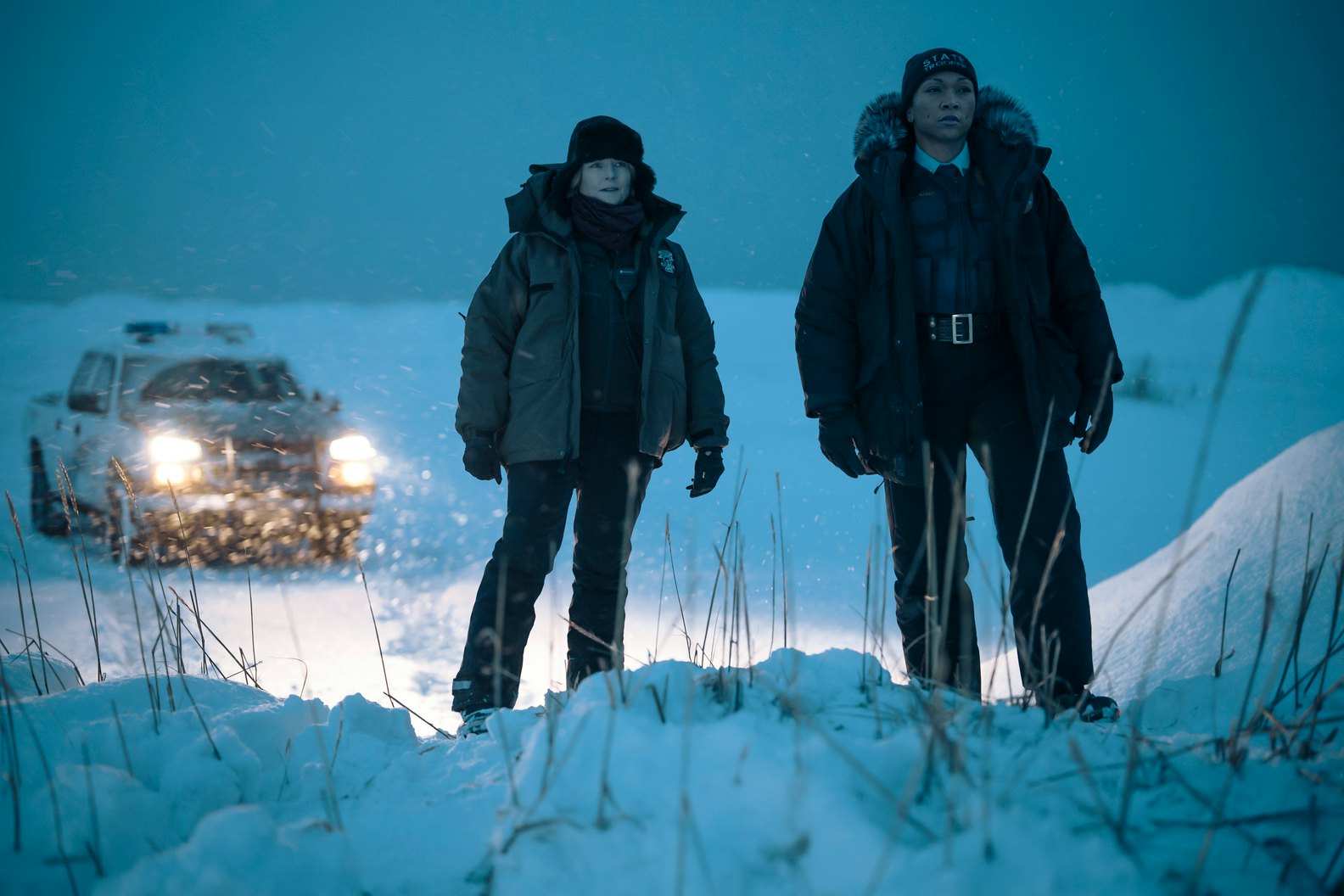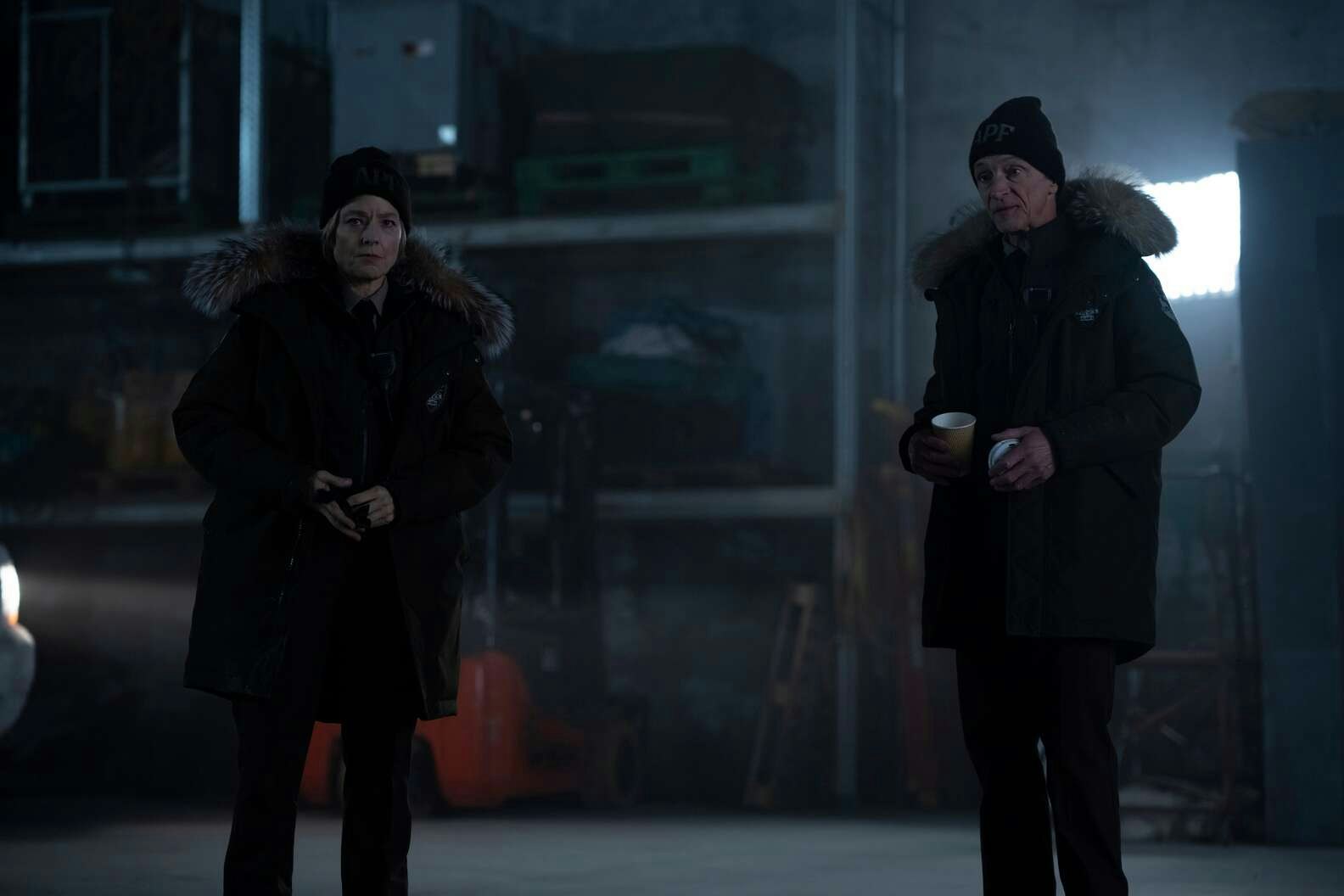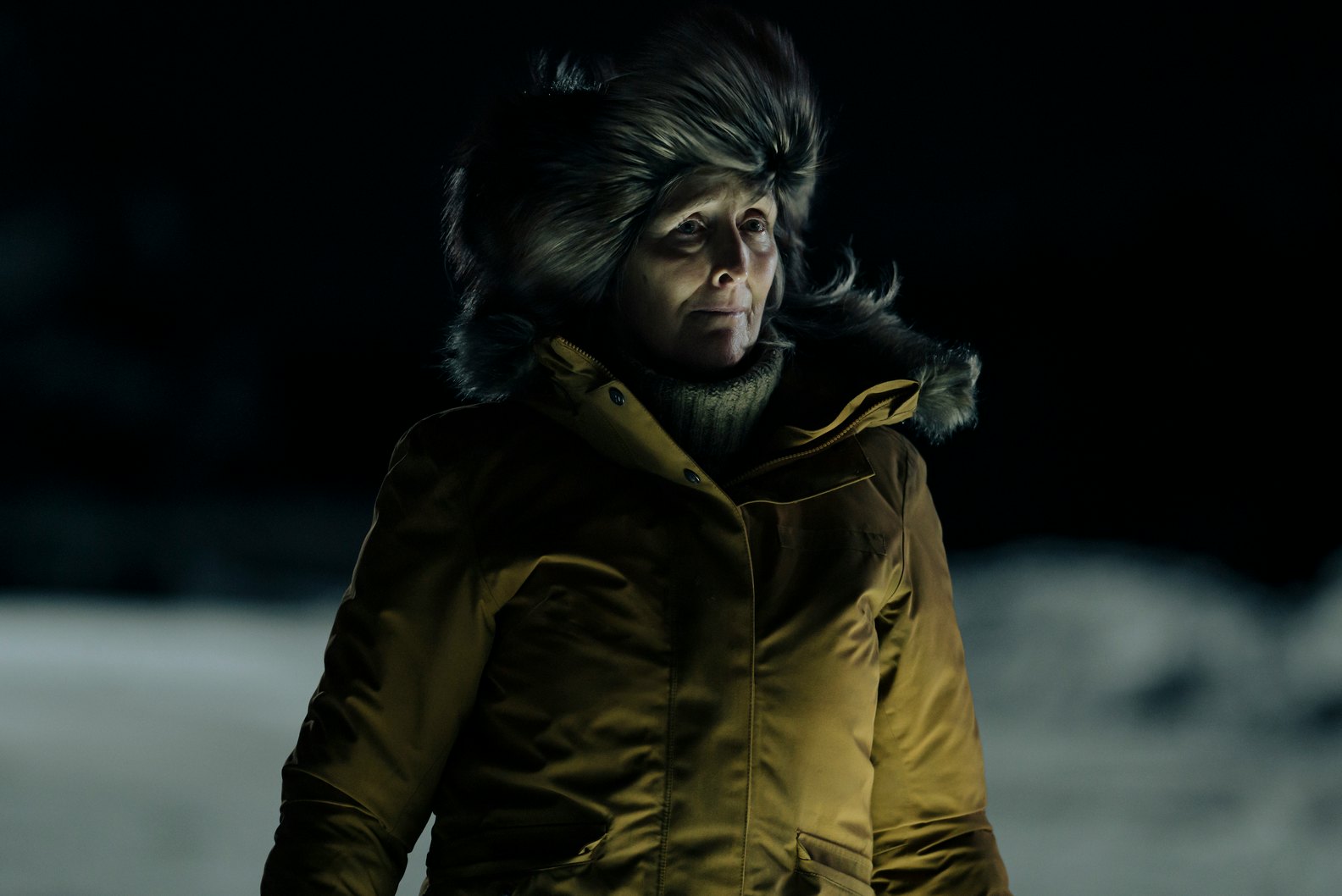
It may end up being the coldest show of the year, but there’s something immediately warm and welcoming about True Detective: Night Country. HBO’s new season of True Detective couldn’t, in many ways, be any more different from the three that have come before it. For starters, none of the show’s original creative team members, including series creator Nic Pizzolatto, are involved in it. The season is instead produced by Moonlight director Barry Jenkins and created and directed by Tigers Are Not Afraid filmmaker Issa López.
And yet, despite the behind-the-scenes changes that informed its creation and production, Night Country immediately feels like it fits right in with the first three seasons of True Detective. It announces itself as a new era for the beloved, long-troubled HBO crime procedural, and it does so without ever hitting you directly over the head. That’s one of the most impressive things about True Detective: Night Country’s premiere: How it connects itself tonally and narratively with its show’s past while also carving out an entirely new space for itself.

True Detective: Night Country opens with an older Indigenous hunter looking on as an entire herd of caribou willingly runs off the side of a cliff. It’s a moment that calls to mind the very first images of True Detective Season 1, which begins with a group of unknown figures dragging a body through a field and then lighting fire to it in the middle of the night. Both begin their mysteries with deadly, foreboding instances of nature’s uneasy peace being disrupted. When Night Country then cuts to a remote lab just in time to show a man convulse and ominously tell one of his fellow scientists that “she’s awake,” it’s of little surprise when signs of violence and death are later discovered at the facility.
Together, these opening scenes create the same strange, compelling, and unnerving tonal cocktail that True Detective has always been known for. In the minutes that follow, Night Country’s premiere only continues to reveal more links between it and the seasons that have preceded it — whether it be the crooked spiral symbols found on one of its victim’s dead bodies, the hints at the kind of systemic corruption explored in True Detective Seasons 1-3, or the uncanny hallucinations experienced by Evangeline Navarro (Kali Reis). Even the season’s Alaskan setting creates a connection between it and True Detective Season 1 lead, Rust Cohle (Matthew McConaughey), who spent part of his childhood in Alaska.
For as many Easter eggs as it tosses out, though, Night Country’s premiere never feels overly reliant on them. Instead, it both honors and builds on what has come before it — first by rooting itself in the kind of Indigenous perspectives that True Detective has never really explored before and later by introducing themes of environmentalism and activism through the mysterious, years-old murder of a mine protestor referred to as “Annie K.” The episode’s latter thread ushers the HBO drama into what feels like genuinely new thematic territory.
Thanks to its desolate, snowy landscape, Night Country also visually separates itself from the sunny, rural American backdrops of True Detective’s first and third seasons, as well as the metropolitan LA environment of its second. Night Country even begins, fittingly enough, during the final moments of Alaska’s last sunset for several weeks. That decision both pushes you headfirst into its nocturnal world and also foreshadows its darker story, which leans even further into the horror genre than True Detective’s beloved first season.

True Detective has a far from spotless track record. After debuting with one of the most universally beloved seasons of the modern TV era, the series has struggled to live up to its own standards. Taking that into account, as well as the season’s new creative team, it’d be understandable if longtime True Detective fans were hesitant to dive fully into Night Country.
Those who do tune into its premiere will, however, discover a season that not only nails the blend of straightforward crime procedural storytelling and surreal, expressionist filmmaking that has always been part of the True Detective brand, but one that can also stand on its own. Night Country isn’t afraid to bind itself to what has come before it, but what’s even more impressive about it is how immediately and effectively it announces itself as something with its own identity and voice.
It’s a season that seems both familiar and new, which is exactly what True Detective fans have been hoping would come along.







